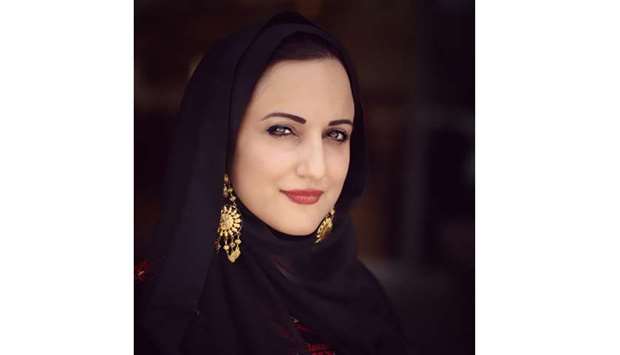The holy month of Ramadan brings in some changes in every Muslim’s daily routine, along with inspiring the faithful to perform great deeds that become cherished memories.
Zahra Shikara, a British Iraqi expatriate, has been living in Qatar for 13 years. She calls herself “third culture” as she carries diverse background. Community spoke to her about how she has been observing Ramadan.
“I’m what you would call third culture. I was born in Edinburgh, Scotland, grew up in London in an Iraqi household, and have lived in Qatar for 13 years. Although it was a struggle working out my identity growing up, I think I realised the importance of identifying as an individual quite early on and embraced being different so I could start achieving my goals as authentically as possible. Wearing hijab meant that I was very visibly Muslim and Islam was indeed a central part of my identity – as well as being British and Iraqi.”
Remembering her days in UK, Zahra said: “Ramadan in London in the 90’s was a relatively dull experience. Life carried on as normal and there was no celebratory spirit. Work and study hours were the same, there was nothing visible on the streets to differentiate the days and nights of Ramadan from any other month of the year.
“However, at home, it was an exciting time. Social gatherings intensified, food quantities and varieties increased, sweets and desserts were amplified, and it was all in all a really special time.”
She added: “We would always eat at home or at other people’s homes – halal restaurants were hard to come by and the ones that were certified halal were far away so we made our own food and that tradition has continued for me to this day. My earliest memories of Ramadan in London were of my mother waking me up before dawn for Suhoor; I distinctly remember the darkness, the artificial light, the drowsiness, and my mum in the kitchen rustling up something quick and nutritious.”
Zahra feels Ramadan in Doha is very different and special. “Ramadan in Doha is very different and, in many ways, very special. The streets light up, wishes for a blessed Ramadan are everywhere, decorations in the form of crescent moons, mosque lamps, domes and minarets, Islamic patterns and arabesques embellish public spaces, and the sound of Qur’an recitation fills the air.”
She added: “You get the feeling the whole country is fasting with you. The times change to work around the fasting day and the nights get longer yet feel shorter. Also, in Doha, sunset timings don’t change so drastically compared to the UK where you can break your fast anywhere from 3:30pm in winter to 10:30pm in summer. Fasting in Doha is very predictable and is pretty much the same every year which has a nice rhythm to it.
“The other great thing about Ramadan in Qatar is our ability to directly share our Iftar with others – especially workers in the area who are away from their families most of the time and who really appreciate quality, home-cooked food. These acts of sharing, giving and service are crucial to a successful Ramadan.
“Also in Qatar, there is a large selection of mosques to pray in, to listen to Qur’an and to feel part of a Muslim community, praying and worshipping together. I think it’s the sense of community that really makes Ramadan in Doha special. Of course, the downside is that my family are far away (in London) which means some days I break my fast solo, but there is also a plus side to that as I can control what I eat, I can relax and take my time as there is less pressure to entertain and serve.”
Zahra further said: “The essence of Ramadan, of course, is self-reflection, spiritual growth and physical healing. This should happen regardless of your locality, however, each place adds a unique flavour to the experience and living in Doha is a wonderful location to enjoy Ramadan, especially when you have the right people around you.”

Zahra Shikara, a British Iraqi expatriate. Photo by bigbfotografi
